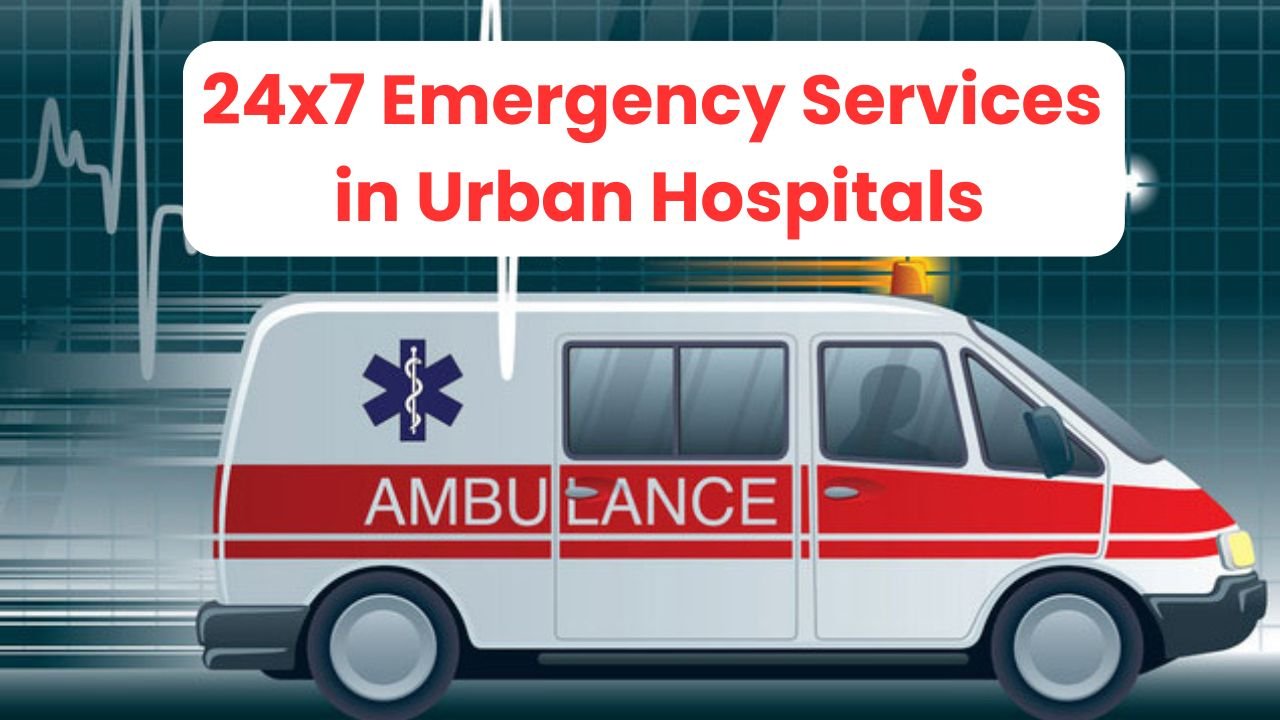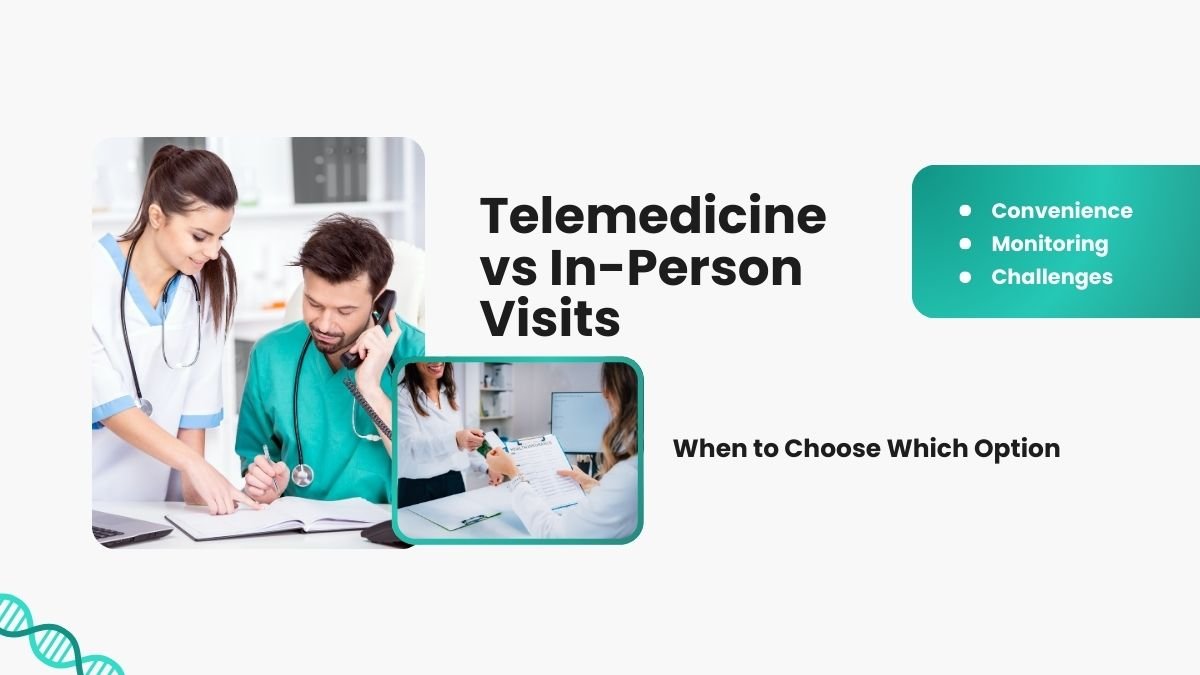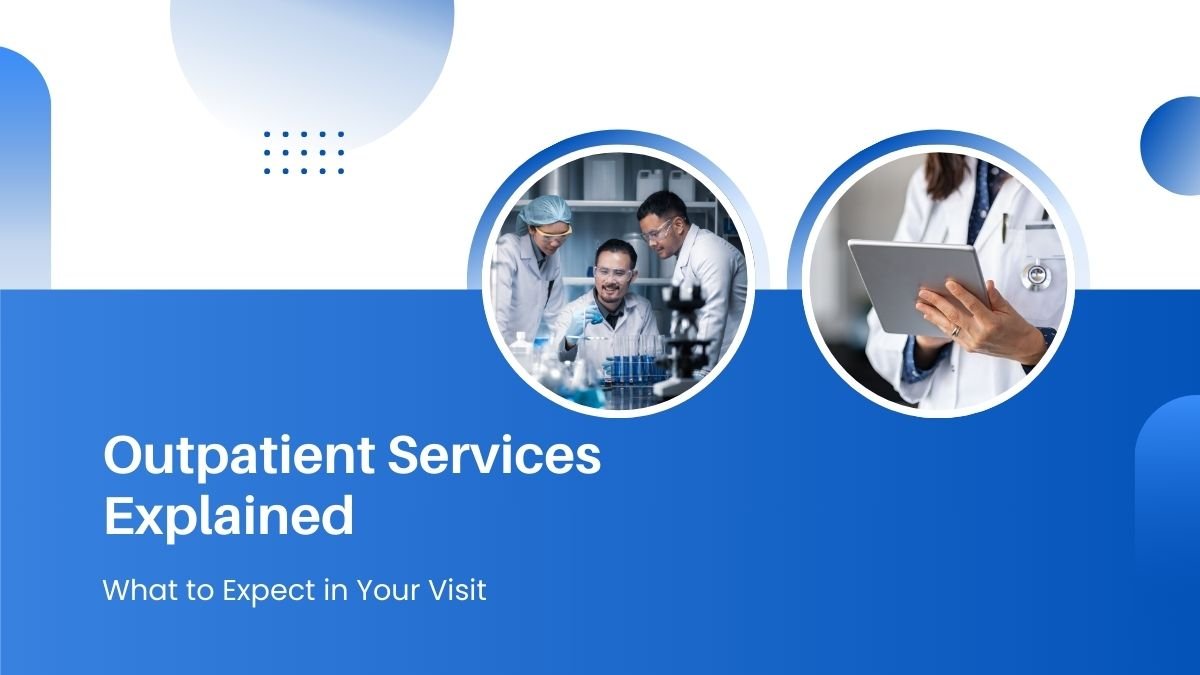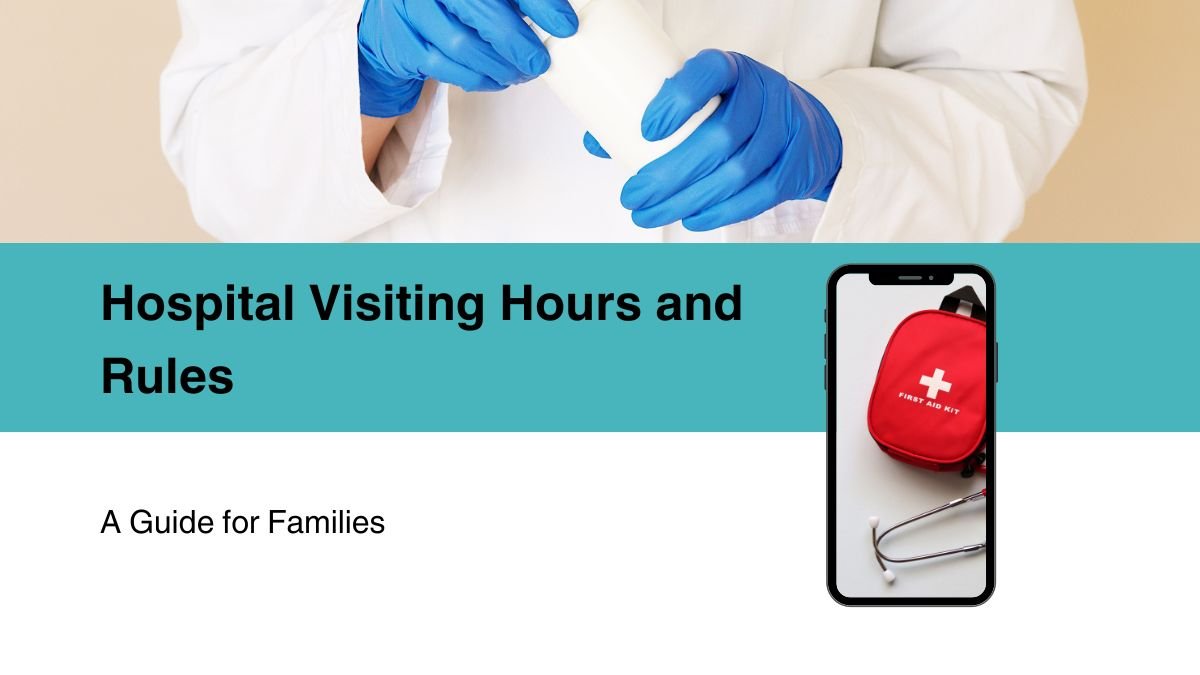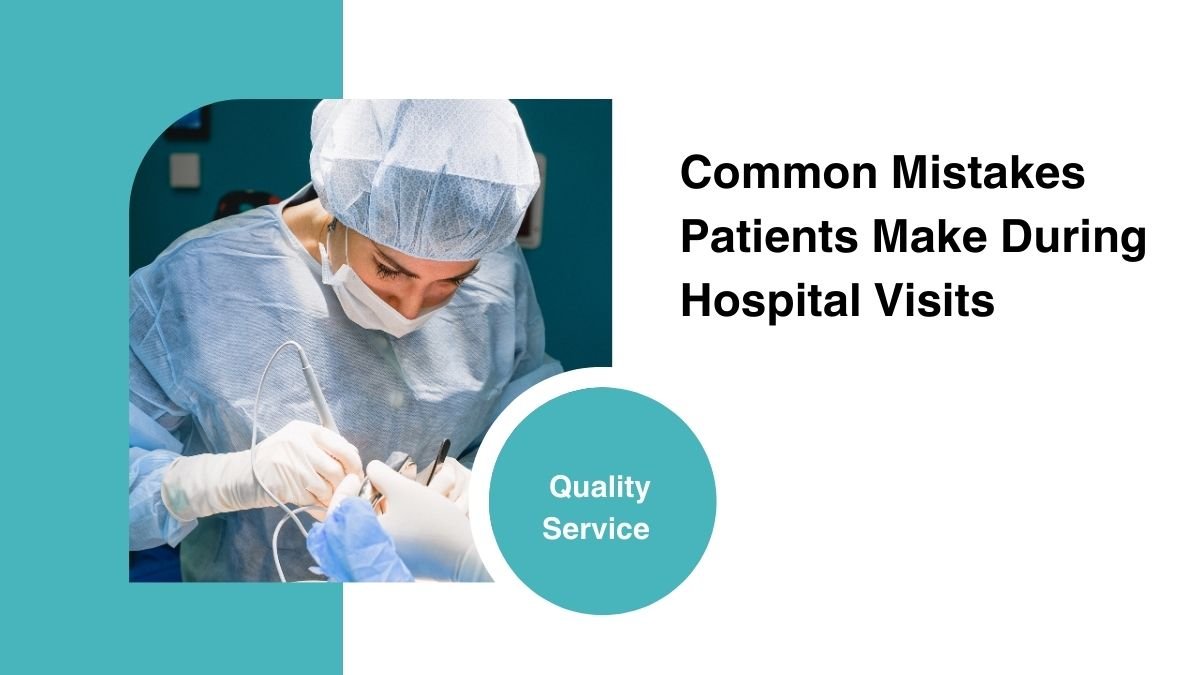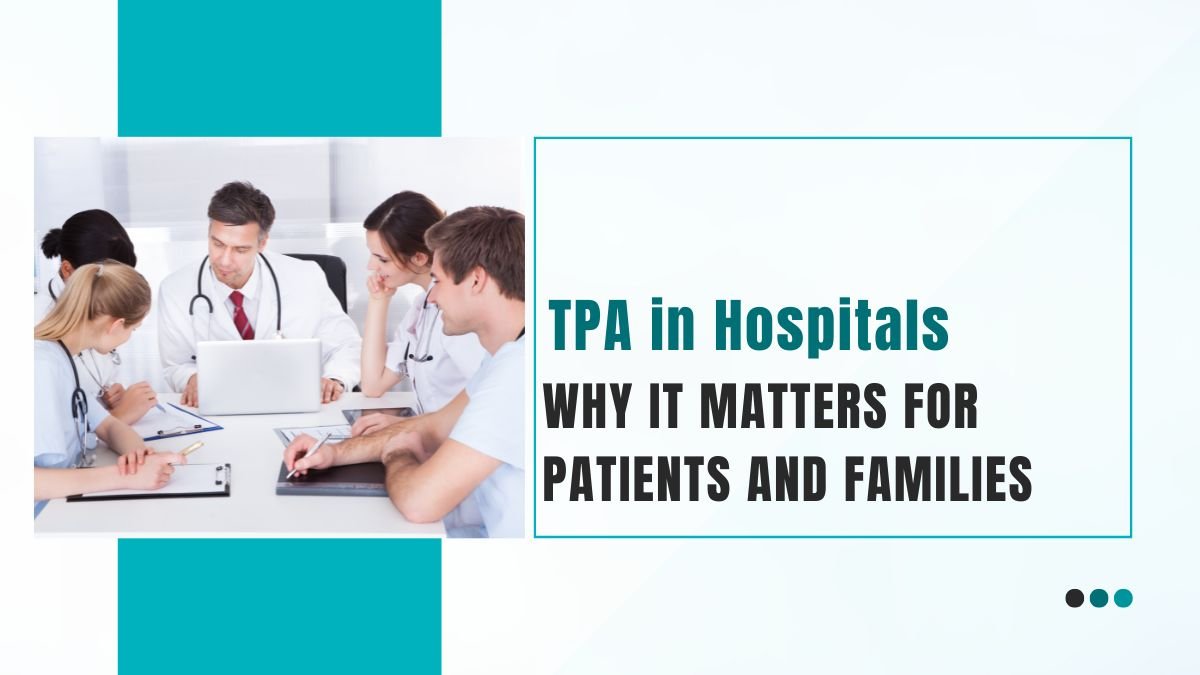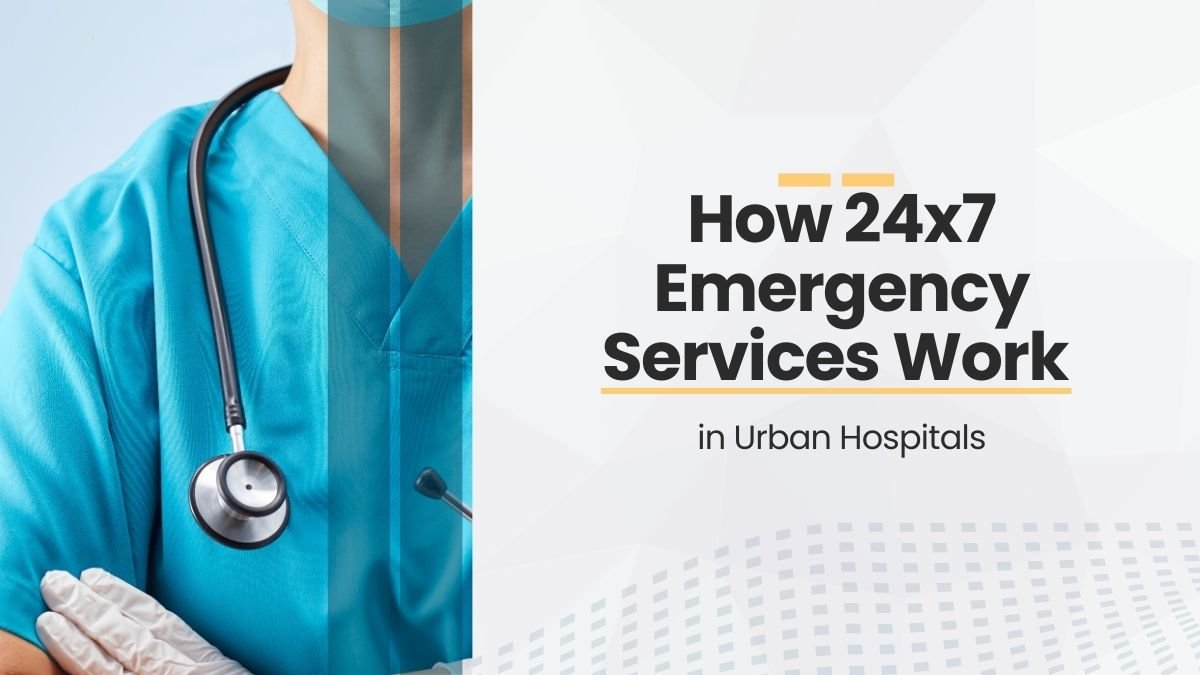If treatment is not received right away after an accident, heart attack, stroke, or abrupt decline in health, things could get really worse. The availability of emergency care at city hospitals around-the-clock (24/7, to be exact) can save lives in such circumstances.
1. What does 24×7 emergency services mean?
When we talk about 24×7 emergency health services, it means that the hospital is ready at all times – be it night, Sunday or any festival – so that any patient can get immediate treatment.
In this, doctors, nurses, technicians, ambulances, and all the necessary equipment are always in active mode. Its purpose is to give the right treatment to the patient in the “golden hour”, so that life can be saved.
2. Why are emergency services needed?
Emergency services are for those conditions which can be sudden and life-threatening, such as:
- Serious injury in an accident
- Heart attack or brain stroke
- Difficulty in breathing
- Bleeding or food poisoning
- Burns or electric shock
- Serious stage of any disease
Delay at such a time can be fatal. This is why 24×7 services are very important.
3. Emergency staff and their role
In city hospitals, the emergency ward is built separately and specially. Staff working day and night is present here, such as:
- Emergency physician: These doctors first assess the condition of the patient and immediately start the necessary medicines or tests.
- Nursing staff: Very important in patient care, monitoring and medication.
- Technicians: Experts who run machines, X-rays, ECG and lab tests immediately.
- Paramedics and ambulance drivers: They reach the spot first and provide first aid and bring the patient to the hospital quickly.
Everyone works in shifts so that the hospital is never empty.
4. Golden hour: Time to save lives
Golden hour means the first hour when an emergency patient can be saved by getting immediate and correct treatment. For example:
- If someone has a heart attack and he gets angioplasty within an hour, then his life can be saved.
- If a child is having difficulty in breathing, if oxygen is given immediately, then the situation can be prevented from worsening.
24×7 emergency services run keeping this golden hour in mind.
5. Immediate treatment and results
Immediate treatment can not only save lives but also prevent long-term complications. For example:
- If medicine is given on time in a brain stroke, the chances of paralysis are reduced.
- If there is bleeding in an accident and blood is transfused on time, major surgery can be avoided.
Apart from this, the patient and family get mental relief that they got help at the right time.
6. Disadvantages of delay
If there is even a slight delay in treatment, then:
- The patient’s life may be in danger.
- One may have to spend a long time in ICU.
- The cost of treatment may increase.
- The patient may suffer permanent physical damage.
This is why all hospitals have to ensure that there is no delay in emergency.
7. Facilities required for emergency services
To run 24×7 services, a hospital must have several important things:
● Staffing:
- 24-hour shifts of doctors and nurses.
- Trained technicians and paramedics.
● Facilities:
- Equipment such as ventilators, ECG, defibrillators.
- Emergency operation theatre.
- Blood bank, lab and radiology facilities.
- Fast and modern ambulances.
● Technology:
- Digital records, CCTV monitoring and telemedicine.
8. Challenges and problems
- ● Expenses: Running 24×7 services costs a lot – staff salaries, equipment maintenance, electricity, water, etc.
- ● Staff fatigue: Night shifts, frequent emergency cases and mental pressure can cause fatigue or burnout of doctors and nurses.
- ● Lack of resources: In a country like India, many hospitals do not have adequate resources, which can hamper services.
- ● Need for training: It is necessary to constantly update the staff for new diseases and technologies.
9. Technology and future
Now emergency services are being improved with the help of technology:
- ● Telemedicine: Now the patient can consult a doctor on video call, so that treatment can be started immediately.
- ● Artificial Intelligence (AI): AI can now identify the symptoms of the patient and indicate in advance which condition can be serious.
- ● Remote monitoring: Health reports of patients from rural areas can be sent to big hospitals and instructions can be received immediately from there.
10. Government policies and changes
Governments are now bringing many policies to strengthen 24×7 emergency services:
- Central Command System: So that coordination between ambulances, police and hospitals is faster.
- Plans to increase health workers: So that the shortage of doctors and nurses can be overcome.
- Subsidy and insurance: Poor patients should get free or affordable treatment.
Conclusion: Why are 24×7 emergency services necessary?
Every minute is precious. If the right treatment is given at the right time, a life can be saved. This is the idea behind 24×7 emergency services.
In cities where there is more traffic, population and health problems, such services are very important. These services are extremely important. Not just hospitals, but governments, technology companies and the general public too have to play their part in improving these services.
Remember – emergencies can strike at any time, so hospitals must be prepared at all times.
